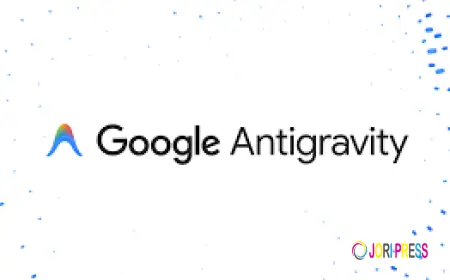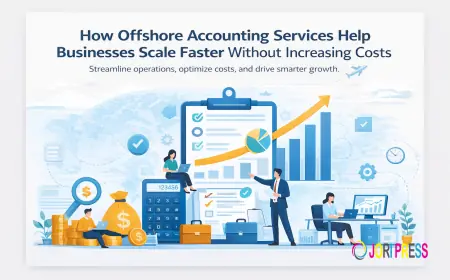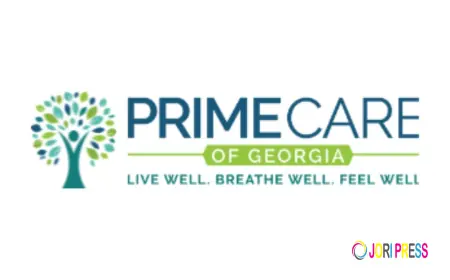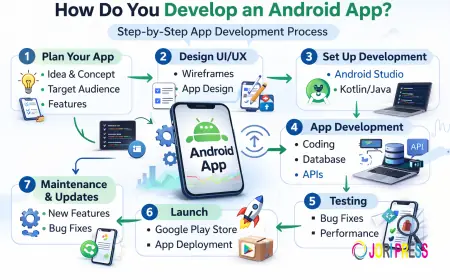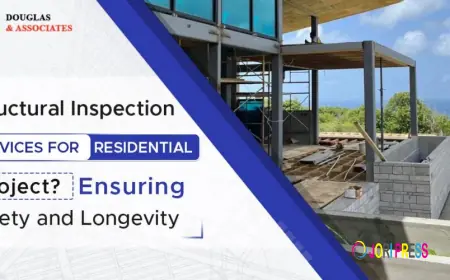How Is Real Estate Tokenization Changing the Way We Buy Property?
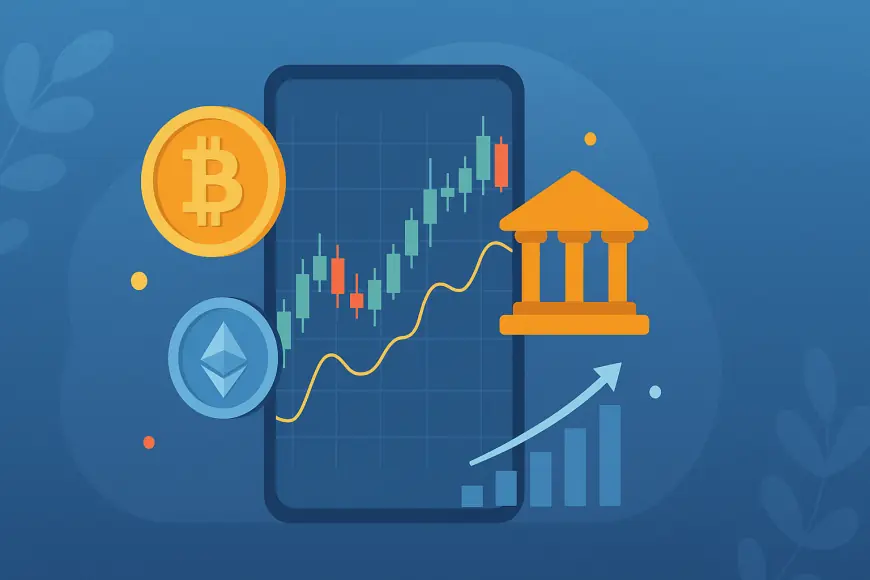
The global real estate sector, traditionally seen as a stable yet illiquid and high-barrier asset class, is undergoing a profound transformation. At the heart of this shift lies the rapid adoption of blockchain technology and its offshoot real estate tokenization. As tokenization reshapes the rules of engagement in property ownership and investment, it’s dismantling age-old entry barriers, introducing efficiency, enhancing transparency, and enabling fractional ownership on a scale never seen before. This digital evolution is not just altering how we buy and sell property it’s redefining who can participate in real estate investment altogether.
Understanding Real Estate Tokenization: A New Paradigm
Real estate tokenization refers to the process of converting ownership rights in a real-world property into digital tokens that are recorded on a blockchain. These tokens represent a share in the property and can be bought, sold, or traded like traditional securities. Unlike conventional real estate deals, which often require large capital commitments, extensive paperwork, and middlemen, tokenization offers a frictionless, automated experience. Tokenized assets are stored and managed on decentralized ledgers, making ownership verification and transaction history transparent and immutable. This system not only lowers administrative costs but also opens doors for micro-investors who previously lacked access to high-value property markets.
Breaking Down Barriers to Entry: Fractional Ownership for All
One of the most revolutionary aspects of real estate tokenization is its ability to democratize property ownership. By breaking down a property’s value into hundreds or even thousands of tokens, the model makes it possible for everyday investors to buy fractional stakes in prime real estate assets. A luxury condo in Manhattan or a beachfront resort in Bali no longer demands millions upfront—one could start investing with just a few hundred dollars. This shift is particularly impactful for emerging economies and younger generations seeking entry into asset-backed investments. Moreover, it facilitates global participation, allowing investors across borders to tap into international real estate markets that were once inaccessible due to regulatory and financial constraints.
Enhancing Liquidity in a Traditionally Illiquid Market
Traditional real estate is notorious for its illiquidity. Buying or selling a property can take weeks or even months, with complex legal procedures and extensive documentation slowing down the process. Tokenized real estate, on the other hand, introduces a dynamic secondary market where property tokens can be exchanged rapidly, akin to trading stocks or cryptocurrencies. This newfound liquidity empowers investors with greater financial agility, enabling them to respond quickly to market shifts, rebalance portfolios, or cash out without the long waiting periods associated with conventional transactions. For developers and property owners, it also means faster access to capital by tapping into a broader pool of investors.
Smart Contracts and Automation: Streamlining Transactions
At the core of real estate tokenization is blockchain-based automation powered by smart contracts. These are self-executing code scripts embedded into the blockchain that automatically enforce the terms of an agreement once predefined conditions are met. In the context of real estate, smart contracts can handle everything from rental payments and profit distributions to compliance checks and transfer of ownership rights. This eliminates the need for intermediaries such as lawyers, brokers, and banks, dramatically reducing transaction costs and human error. Furthermore, it ensures real-time execution and enhances trust between parties, as all actions are recorded and verified on a decentralized network.
Improved Transparency and Reduced Fraud
Transparency has always been a sticking point in real estate. Property title disputes, hidden encumbrances, and forged documents can turn promising deals into legal nightmares. Tokenization solves many of these issues by embedding all relevant property data—including ownership history, legal documentation, and inspection records—onto the blockchain. Once information is recorded on-chain, it cannot be tampered with or deleted, creating a single source of truth accessible to all stakeholders. This level of openness reduces the risk of fraud, simplifies due diligence, and gives investors confidence in the legitimacy and provenance of the asset.
Compliance and Regulation in a Tokenized Real Estate Market
While tokenization offers unparalleled benefits, navigating the legal landscape is still a work in progress. Real estate is a highly regulated industry, and every jurisdiction has its own set of rules governing property ownership, securities issuance, taxation, and investor protection. Forward-thinking tokenization platforms are addressing this challenge by incorporating built-in compliance protocols that adapt to regional regulations. Know Your Customer (KYC), Anti-Money Laundering (AML) checks, and investor accreditation are integrated directly into the token issuance process via smart contracts. In parallel, regulators in many countries are exploring frameworks to govern digital asset-backed securities, paving the way for safer and more robust adoption of tokenized real estate.
Tokenization Use Cases: From Residential to Commercial Real Estate
Tokenization isn’t limited to residential property. It’s also being applied to commercial buildings, hotels, warehouses, and even entire development projects. Developers are using it to pre-sell fractional ownership in future constructions, securing funding while giving early investors access to potentially high returns. Token holders might receive a share of rental income or profits from a property’s sale, depending on the structure of the tokenized deal. This model also allows for the creation of hybrid investment products, such as tokenized REITs (Real Estate Investment Trusts), that combine the benefits of traditional real estate funds with the agility and transparency of blockchain.
Opening Global Real Estate Markets to Retail Investors
Tokenization is tearing down geographical boundaries in real estate investing. A user in India can now invest in a shopping mall in Germany or a vacation villa in Spain without leaving their home. Blockchain’s decentralized architecture makes cross-border transactions more secure, verifiable, and cost-effective, bypassing traditional hurdles such as currency conversion, international bank transfers, and government red tape. This globalization of real estate opens up diversified investment opportunities, helps stabilize returns, and creates a more interconnected and resilient global property market.
Tokenized Real Estate Platforms: The Bridge Between Tech and Property
A host of startups and fintech platforms have emerged to facilitate real estate tokenization. These platforms provide end-to-end services—property sourcing, token issuance, wallet integration, investor onboarding, and secondary market trading. Examples include platforms like RealT, SolidBlock, and Brickken, which cater to different asset classes and regulatory jurisdictions. Many of these services are white-label, allowing property developers and brokers to launch their own branded tokenized offerings. This B2B-focused model has accelerated adoption by reducing the need for extensive technical expertise or in-house blockchain teams.
Challenges in Adoption: Infrastructure, Awareness, and Trust
Despite its promise, tokenized real estate still faces notable hurdles. Infrastructure maturity, lack of standardization, and user awareness are significant barriers to widespread adoption. Most retail investors are still unfamiliar with how blockchain works or how tokenized property differs from traditional shares. Additionally, trust in the underlying platform and asset remains critical—especially in a space where blockchain scams and rug pulls have made headlines. Educating the market, building secure and compliant platforms, and collaborating with trusted real estate partners will be key to overcoming skepticism and fostering long-term growth.
The Future Outlook: Tokenization as the New Norm in Real Estate
As blockchain continues to mature and regulatory frameworks solidify, real estate tokenization is poised to become a mainstream investment model. The convergence of decentralized finance (DeFi), tokenization, and smart contract automation holds the potential to create self-executing real estate ecosystems where buying, selling, leasing, and investing happen seamlessly across borders. Tokenization may eventually integrate with the metaverse, enabling virtual real estate backed by tangible assets in the real world. More importantly, it could empower millions of people—who were previously locked out of property investment—to grow wealth in one of the most historically stable asset classes.
Conclusion:
Real estate tokenization is not just a passing trend—it’s a technological evolution that is reshaping the very foundation of property ownership and investment. By removing barriers, increasing transparency, and enabling fractional ownership, it’s ushering in a more inclusive, liquid, and accessible real estate ecosystem. Whether you're a retail investor looking for your first exposure to property, a developer seeking efficient capital raising, or a global citizen exploring investment beyond your borders, tokenization offers a path forward. As adoption accelerates and trust in the system grows, the question will no longer be if tokenized real estate will change how we buy property—but how soon it will become the norm.
What's Your Reaction?
 Like
0
Like
0
 Dislike
0
Dislike
0
 Love
0
Love
0
 Funny
0
Funny
0
 Angry
0
Angry
0
 Sad
0
Sad
0
 Wow
0
Wow
0


